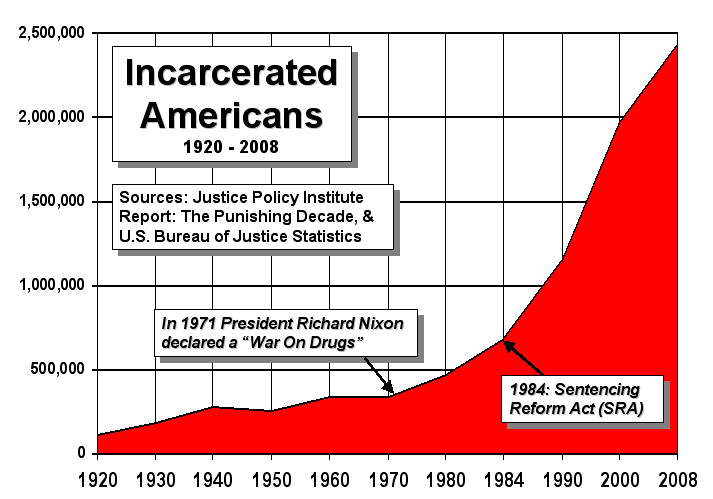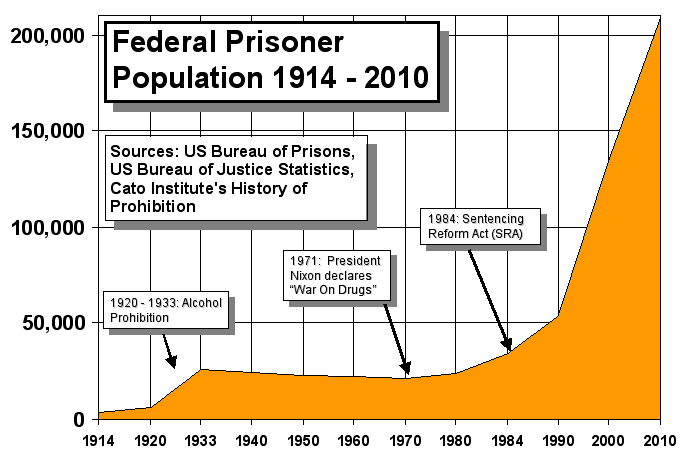Private-prison Companies Benefit from Illegal Immigration



In 1984, the U.S. began its ongoing experiment with private prisons. Between 1990 and 2009, the inmate population of private prisons grew by 1,664%. Today approximately 130,000 people are incarcerated by for-profit companies. In 2010, annual revenues for two largest companies — Corrections Corporation of America and the GEO Group — were nearly $3 billion. [Source]
164 Anti-Immigration Laws Passed Since 2010? A MoJo Analysis
As you can see below, the number of restrictive laws jumped last year, when five states—Alabama, Georgia, Indiana, South Carolina, and Utah—passed Arizona-style bills. For a state-by-state look at these copycat laws, undocumented population demographics, political contributions from the private-prison industry, and more, scroll down the page. See our sources and dive into the full database below.

Just how wide-ranging has the recent anti-immigration push been? Only seven states (Alaska, Connecticut, Delaware, New Hampshire, Ohio, Wisconsin, and Wyoming) failed to pass anti-immigration laws in 2010 and 2011. Most states passed anywhere from 1 to 6 such bills—on everything from driver's license eligibility to the mandatory use of E-Verify—while a few (Arizona, Utah, and Virginia) passed 11 or more. Including Arizona's SB 1070, 36 states considered wide-ranging anti-immigration laws; 6 were successful.
"Those people coming across the border and getting caught are going to have to be detained, and that for me, at least I think, there's going to be enhanced opportunities for what we do."

Related:


